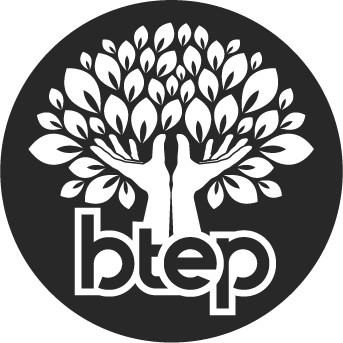What’s on your mind? Not that you should always share that answer openly but definitely a question to think about. Even the most popular social networking site, Facebook, gives a prelude to examine your thoughts every time you see your ‘status’ box, asking ‘What’s on your mind?’. It has been said that individuals typically have as many as 2,000 or more thoughts a day. Some may have a significantly lower amount of thoughts which might make you think they are not as intelligent as the typical human being. Actually, it is more likely that those with a lesser number of thoughts on a daily basis, are instead, more focused. Their thoughts may involve a more consistent range of topics, rather than jumping sporadically from one topic to another. Although no individual can write down every single thought that passes through their mind in a day’s time, it is vital to our well-being that we at least give some level of attention to as many of our thoughts as we can. Our thoughts tell us so much about who we are. They offer tales we might never share with others yet the presentation of such at least gives the opportunity to change. If you’re ever willing to really pay close attention, the main focus while conducting a thorough examination of your thoughts should include understanding why you are having the thoughts you’re having, where they are originating from, and where they are leading too. Which thoughts are productive? Which are not? It is also necessary to recognize the more consistent thoughts you have because these are usually the ones that help shape the majority of your day.
It may sound crazy to hear that you actually should examine your thoughts or think about your thoughts. But unless you are consciously aware of what you think and why, you may find yourself living a life of more wandering than focused activity with little to no guidance. Ever wonder why you’re not getting anywhere? Pay attention to your thoughts. We can think our way into actually getting things done. We think our way out of going to the gym. We think our way into unhealthy situations yet sometimes choose not to think about the consequences until it’s too late. We can think ourselves into a frenzy because we think we know what others are thinking. A bank robber can think long and hard enough to convince him or herself that the plan can actually work. As human beings, we naturally want to have thoughts that make us feel good. We choose to think what pleases us and this kind of thinking pattern is the one that could ultimately defeat us.
The mind is likely one of the top body functions taken for granted. When we awake in the morning, we don’t check to see if we’re still sane, those of us who are. We assume and take for granted that our minds will be working properly everyday. And that’s okay. But developing a habit of making sure your first morning thoughts are healthy, productive, and pleasant can help create consistency. It can help you handle the more disturbing thoughts in a more healthy way when they do come along. Although it sounds cliche’, the most fundamental truth about the mind is either your thoughts will control you or you will control your thoughts. If you ever really begin to embark on a journey of learning the truth about who you are, your thoughts are one of the most important places to begin. There is no way around it.
Also, just like the emphasis on respecting the outside of our bodies is implied, so should such emphasis be placed on respecting our inner selves. As great as social networking is today, I’m certainly grateful for it, it offers us all the opportunity to have so many more thoughts than before. With the ability to connect to others in ways that never existed before, it is almost not normal to have such access on a daily basis. Unfortunately, with all these connections come much more information; information that if not mentally categorized as what is important and productive and what is not, can also cause us to have a crowded mind, with unnecessary thoughts interfering with the direction in which our thoughts really need to go. As much as you may enjoy information from others, be careful what you take in because such information can reach the subconscious and inadvertently effect your mood for various reasons and also interrupt your focus. Learn to categorize what is important and what is not.
So again I ask, what’s on your mind? But wait, I don’t really need to know. It’s the one question though that if incorporated into your daily self-exam, can not only change your way of thinking but can also change your life. Think about it.
Tawana R. Powell
www.facebook.com/tawana.powell





















